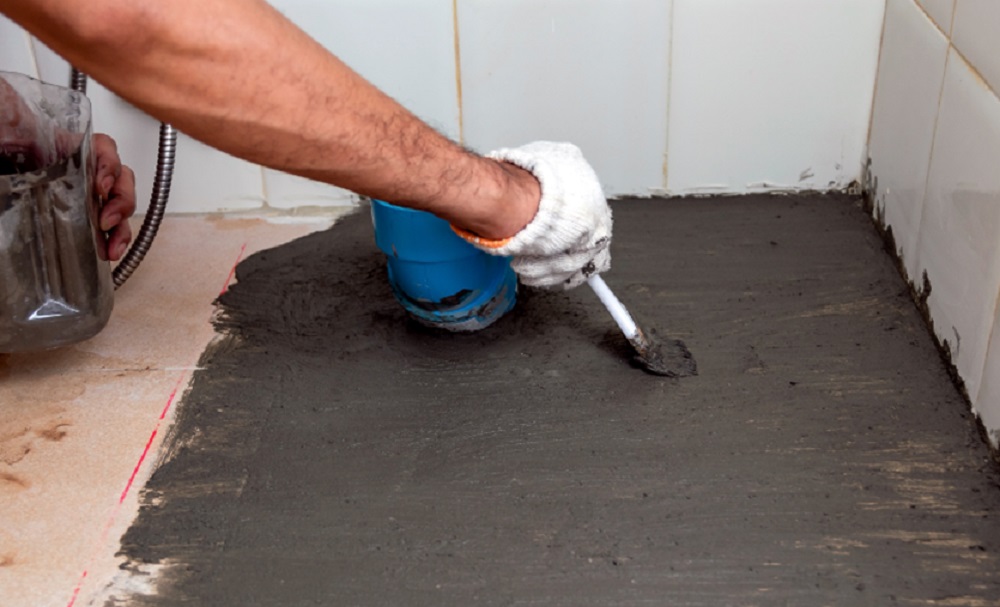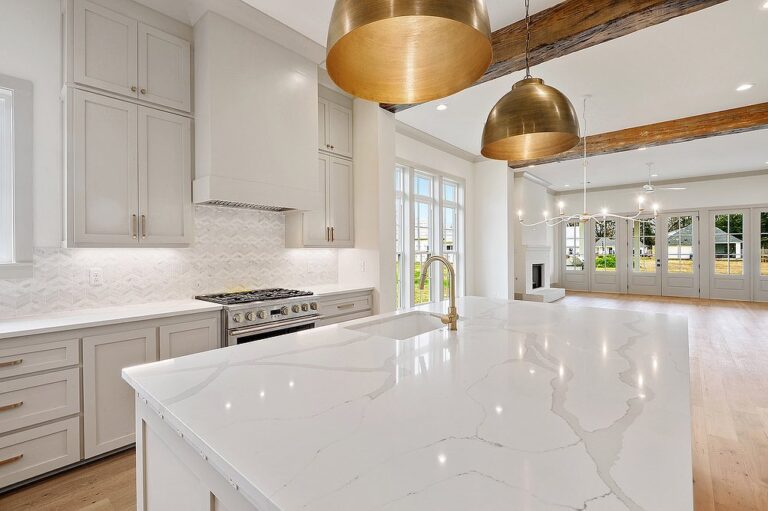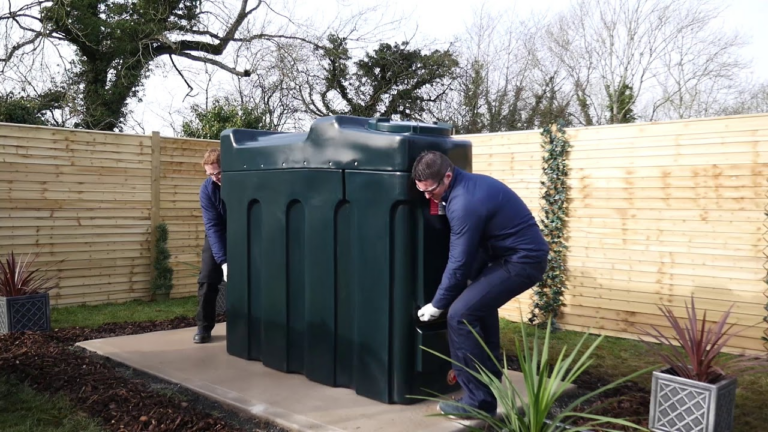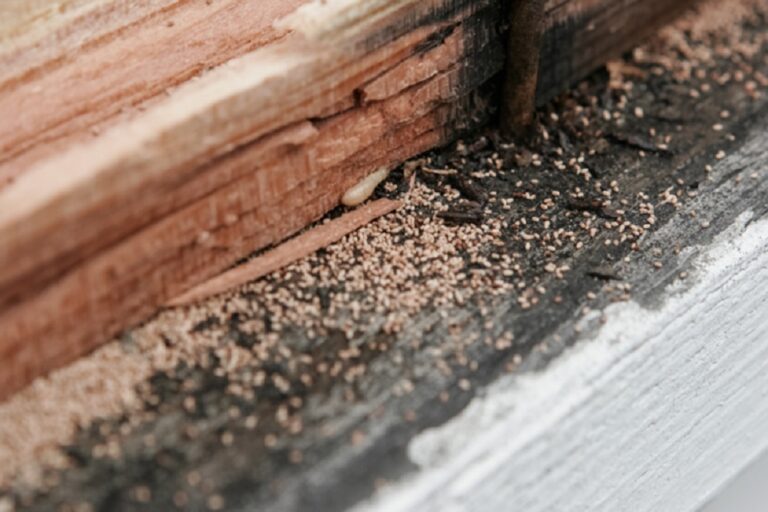
solution to protect structures from water damage and environmental wear. As buildings face the challenges of changing weather patterns, exposure to chemicals, and the natural wear and tear of time, the importance of a reliable roof waterproofing system cannot be overstated. Cementitious waterproofing, with its versatile application and long-lasting performance, has become a popular choice for property owners and contractors alike. In this article, we explore the key benefits of cementitious waterproofing in roof systems, highlighting why it’s a preferred method for ensuring the durability and integrity of roofs.
Enhanced Durability for Roof Structures
One of the primary benefits of cementitious waterproofing in roof systems is its ability to enhance the overall durability of the roof. Cementitious waterproofing creates a robust barrier that protects the roof from harsh environmental factors such as rain, UV radiation, and temperature fluctuations. By shielding the roof from these elements, the roof waterproofing system significantly extends the lifespan of the roof, reducing the need for frequent repairs or replacements. This durability ensures that the structural integrity of the building is maintained, providing long-term peace of mind for property owners.
Cost-Effective Protection
Cementitious waterproofing offers a cost-effective solution for protecting roof systems. Unlike some other waterproofing methods, cementitious waterproofing materials are relatively inexpensive, making them an attractive option for property owners looking to safeguard their roofs without breaking the bank. Additionally, the long-lasting nature of cementitious waterproofing reduces the need for ongoing maintenance and repairs, leading to further cost savings over time. This cost-effectiveness is particularly beneficial for large commercial buildings where roofing maintenance can be a significant expense.
Seamless Application Process
The application of cementitious waterproofing is straightforward and can be done with minimal disruption to the building’s operations. The waterproofing materials are typically mixed with water and then applied directly to the roof’s surface, forming a seamless, monolithic layer. This simplicity not only speeds up the installation process but also ensures a uniform protective coating across the entire roof. The seamless nature of cementitious waterproofing eliminates weak points or joints where water could potentially seep through, providing a highly effective waterproofing solution.
Versatility Across Different Roof Types
Cementitious waterproofing is highly versatile and can be used across various roof types, including flat, pitched, and curved roofs. This adaptability makes it suitable for a wide range of building designs, from residential homes to large commercial structures. The waterproofing materials used in cementitious systems can adhere to various substrates, including concrete, masonry, and metal, making it a flexible choice for different roofing needs. This versatility ensures that regardless of the roof’s design or material, cementitious waterproofing can provide reliable protection.
Resistance to Chemical Exposure
Another significant advantage of cementitious waterproofing is its resistance to chemical exposure. Roofs are often subjected to various chemicals, particularly in industrial settings where pollutants and chemicals are present in the air. Cementitious waterproofing creates a protective barrier that resists damage from these chemicals, ensuring that the roof remains intact and functional. This resistance is crucial for maintaining the roof’s longevity and preventing costly damage that could compromise the building’s structural integrity.
Environmentally Friendly Solution
Cementitious waterproofing is an environmentally friendly option for roof waterproofing systems. The materials used in cementitious waterproofing are non-toxic and do not release harmful chemicals into the environment. Additionally, the long-lasting nature of cementitious waterproofing reduces the need for frequent roof replacements, thereby reducing waste and the environmental impact associated with roofing materials. By choosing cementitious waterproofing, property owners can contribute to sustainable building practices while still ensuring their roofs are well-protected.
Improved Energy Efficiency
Cementitious waterproofing can also contribute to improved energy efficiency in buildings. By preventing water infiltration and reducing the risk of leaks, cementitious waterproofing helps maintain a stable indoor environment. This stability reduces the need for heating and cooling systems to work overtime, leading to lower energy consumption. Additionally, some cementitious waterproofing materials have reflective properties that can deflect sunlight, reducing heat absorption and keeping the building cooler. This energy efficiency not only lowers utility bills but also contributes to a more comfortable indoor environment.
Long-Lasting Performance
Cementitious waterproofing is known for its long-lasting performance, providing reliable protection for many years. Once applied, the waterproofing materials form a durable, water-resistant layer that remains effective even under challenging conditions. This longevity ensures that the roof remains protected from water damage, reducing the need for frequent maintenance and repairs. The long-term performance of cementitious waterproofing makes it a wise investment for property owners looking to ensure the continued functionality of their roof systems.
Ease of Maintenance
Maintaining a roof with cementitious waterproofing is relatively simple and requires minimal effort. The durable nature of the waterproofing materials means that the roof can withstand various environmental factors without deteriorating. Should any issues arise, repairs are typically straightforward and can be addressed quickly. The ease of maintenance associated with cementitious waterproofing further adds to its appeal, as property owners can enjoy a well-protected roof without the burden of complex or costly upkeep.
Reliable Water Protection
At its core, the primary function of cementitious waterproofing is to provide reliable water protection for roof systems. The waterproofing materials form a solid, impenetrable barrier that prevents water from seeping into the roof structure. This protection is essential in preventing issues such as leaks, mould growth, and structural damage, all of which can have serious consequences for the building. By investing in cementitious waterproofing, property owners can ensure that their roofs remain watertight and secure, even in the face of heavy rainfall or harsh weather conditions.
For more information about exploring the benefits of cementitious waterproofing in roof systems, contact Mapei Far East today.







